Practical Pathways to Economic Justice and Information Integrity
Part 2 of 2
Introduction: From Vision to Implementation
While Part 1 explored the consciousness shifts necessary for true transformation, Part 2 focuses on the practical applications of heterarchical and synarchical principles in addressing our most pressing challenges: economic inequality, information integrity, and community resilience. These are not merely policy problems to be solved through traditional political means—they are systemic challenges that require entirely new approaches rooted in wisdom, compassion, and collective intelligence.
The transition from hierarchical to heterarchical organization cannot happen overnight, nor can it be imposed from above. It must emerge organically from the grassroots, through countless experiments in new ways of being and organizing. This is both the challenge and the opportunity of our time: to become laboratories of transformation, testing new models and sharing what we learn with others who are walking similar paths.
The Great Rebalancing: Moving Beyond Billionaire Feudalism
The concentration of wealth in the hands of a few dozen individuals while millions struggle to meet basic needs is not just an economic problem—it is a spiritual crisis. It represents the complete divorce of power from wisdom, of wealth from responsibility, and of individual success from collective wellbeing. This is not capitalism as it was originally conceived, but rather a form of technological feudalism that would have been unimaginable to previous generations.
The billionaire class has not accumulated wealth through innovation or hard work alone, but through the systematic extraction of value from the commons—the shared resources, knowledge, and infrastructure that belong to all of us. They have privatized the benefits while socializing the costs, creating a system where their profits depend on everyone else’s poverty.

But this system is not sustainable, and it is certainly not inevitable. Throughout history, there have been successful experiments in economic organization that prioritize wellbeing over accumulation, that distribute ownership broadly, and that ensure that those who create value are the ones who benefit from it.
The transition to economic justice requires us to move beyond the false choice between capitalism and socialism and instead explore what we might call “regenerative economics”—economic systems that are designed to enhance life rather than extract from it. This includes cooperative ownership models, gift economies, time banks, community land trusts, and other innovations that are already being tested around the world.
Distributed Ownership and Cooperative Wealth
One of the most promising pathways toward economic justice is the development of distributed ownership models that ensure wealth is shared among those who create it. This is not about redistribution through taxation—though that may be necessary in the short term—but about creating new forms of ownership that are inherently more equitable.
Worker cooperatives, for example, demonstrate that businesses can be both successful and democratic. When workers own and control their enterprises, they make decisions that benefit the whole community, not just distant shareholders. They invest in training and development, they pay living wages, and they create stable, meaningful employment.

Community land trusts ensure that land and housing remain affordable for local residents rather than becoming commodities for speculation. Community investment funds keep local wealth circulating within the community rather than being extracted by distant corporations. These models are not theoretical—they are being implemented successfully in communities around the world.
The key insight here is that ownership is not just about individual property rights—it is about power. When ownership is concentrated in the hands of a few, so is power. When ownership is distributed broadly, power is distributed as well. This is why the transition to economic justice is fundamentally about democratizing ownership, not just redistributing wealth.
The Economics of Regeneration
Traditional economics is based on the assumption of scarcity—the idea that resources are limited and therefore must be allocated through competition and market mechanisms. But this assumption is false. In most cases, scarcity is artificially created through hoarding, speculation, and the deliberate restriction of access to resources.
Regenerative economics is based on the recognition that abundance is the natural state of healthy systems. When we organize economic activity around the principles of cooperation, reciprocity, and care for the whole, we create conditions where everyone can thrive. This is not utopian thinking—it is practical wisdom based on understanding how natural systems actually work.
In regenerative economic systems, success is measured not by individual accumulation but by collective wellbeing. The goal is not to maximize profit but to maximize life. This requires us to develop new metrics of success that include social and ecological indicators, not just financial ones.
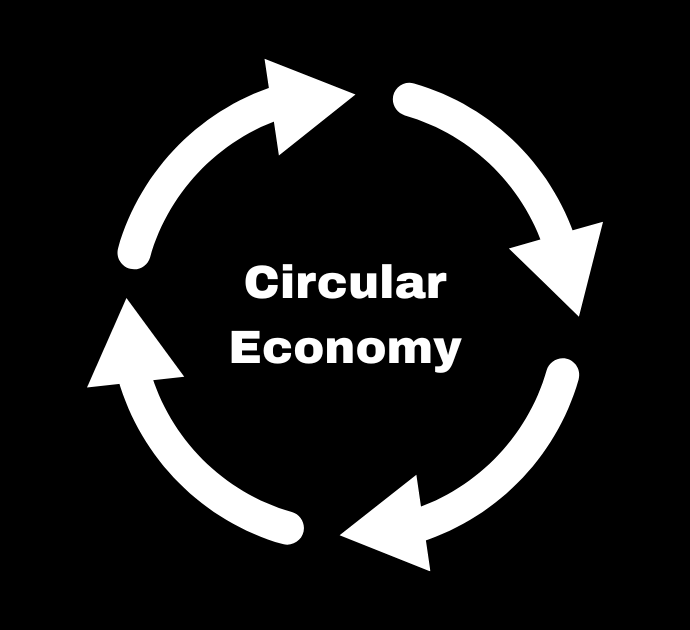
Gift economies, for example, demonstrate that it is possible to meet human needs without money changing hands. Time banks allow people to exchange services based on the simple principle that everyone’s time is equally valuable. Mutual aid networks show that communities can support each other through crisis without relying on charity from the wealthy.
These models are not just alternatives to capitalism—they are expressions of a fundamentally different consciousness, one that recognizes our interdependence and organizes economic activity around care rather than competition.
Information as a Commons: Restoring Truth to Public Discourse
The manipulation of information has become one of the most powerful tools of domination in our time. Through sophisticated propaganda techniques, those in power have learned to shape public opinion, manufacture consent, and turn citizens against each other. This is not just about “fake news”—it is about the systematic degradation of our collective capacity to distinguish truth from falsehood, wisdom from manipulation.
The problem is not just that false information is being spread, but that the very infrastructure of information has been captured by corporate interests. Media conglomerates, social media platforms, and search engines are not neutral channels for information—they are businesses designed to maximize engagement and profit, not to serve the public interest.
The solution is not to fight fire with fire, to create better propaganda to counter their propaganda. The solution is to create entirely new forms of information commons—decentralized, community-controlled, and designed to serve truth rather than profit. This includes independent media cooperatives, community-owned internet infrastructure, and decision-making processes that help communities distinguish between reliable and unreliable sources of information.

The Practice of Discernment
In a world flooded with information, the ability to discern truth from falsehood has become one of the most important skills we can develop. This is not just about fact-checking or media literacy—though these are important—but about cultivating the deeper capacity to sense what is true, to feel the difference between information that serves life and information that serves domination.
Discernment is not a purely intellectual process. It requires us to integrate our thinking with our feeling, our analysis with our intuition, our individual wisdom with collective intelligence. It requires us to slow down, to pause, to ask deeper questions, and to resist the pressure to have immediate opinions about complex issues.
This is why the development of discernment must be a community practice, not just an individual one. We need circles where people can share their observations, test their perceptions, and learn from each other’s wisdom. We need processes that help us integrate different perspectives and find the truth that emerges from the intersection of multiple viewpoints.
The practice of discernment also requires us to cultivate humility—the recognition that we don’t have all the answers, that our perception is limited, and that we need each other to see clearly. This is the opposite of the arrogance that characterizes much of our current public discourse, where people are expected to have strong opinions about everything and to defend them against all challengers.
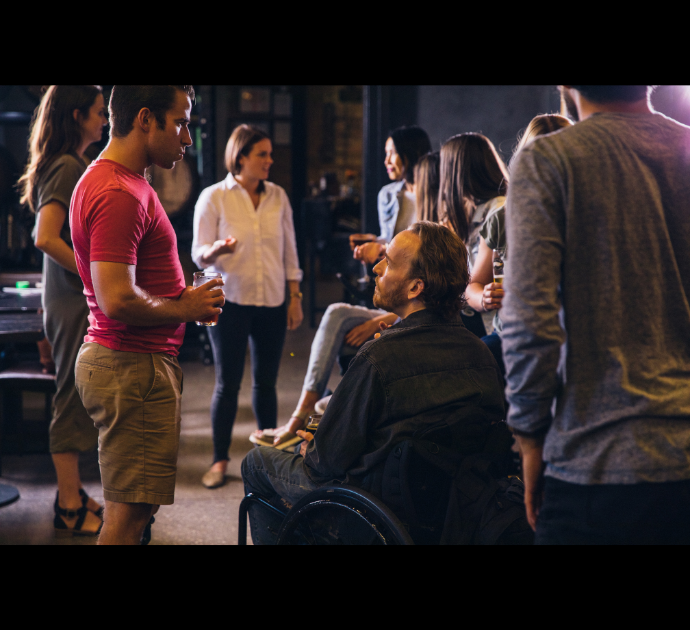
Community-Controlled Information Systems
The centralization of information control in the hands of a few corporations is one of the greatest threats to democracy in our time. These platforms have the power to decide what information billions of people see, what conversations are allowed, and what ideas are promoted or suppressed. This is too much power for any private entity to wield.
The alternative is not government control of information—that would simply replace corporate censorship with state censorship. The alternative is community control—the development of information systems that are owned and governed by the people who use them.
This might include community-owned internet service providers, cooperatively owned social media platforms, or local media organizations that are accountable to their communities rather than to distant shareholders. It might include mesh networks that allow communities to maintain communication even when centralized systems fail, or community-controlled databases that preserve local knowledge and history.
The key principle here is that information is a commons—a shared resource that belongs to all of us. When information is treated as a commodity to be bought and sold, it inevitably becomes a tool of manipulation and control. When information is treated as a commons to be shared and protected, it becomes a tool of liberation and empowerment.

The Role of Ritual and Ceremony in Information Integrity
One of the most overlooked aspects of information integrity is the role of ritual and ceremony in helping communities process information and make collective decisions. Traditional cultures understood that important decisions could not be made through debate alone—they required processes that engaged the whole person, that honored different ways of knowing, and that created space for wisdom to emerge.
This might include opening and closing ceremonies that help people transition into and out of decision-making space, council processes that ensure all voices are heard, or consensus-building practices that help groups find solutions that work for everyone. It might include storytelling traditions that help communities remember their values and history, or artistic practices that help people express truths that cannot be captured in words alone.
The point is not to romanticize traditional practices, but to recognize that the purely rational, debate-based approach to information processing that dominates our culture is incomplete. It leaves out emotion, intuition, body wisdom, and spiritual insight—all of which are essential for making good decisions.

Building Resilient Communities
The transition to new forms of organization cannot happen in isolation. It requires the development of resilient communities—networks of mutual support that can meet human needs even when larger systems fail. This is not about preparing for apocalypse, but about creating the conditions where people can thrive regardless of what happens in the larger political and economic systems.
Resilient communities are characterized by strong social bonds, diverse local economies, shared resources, and the capacity for collective decision-making. They are not self-sufficient in the sense of being isolated from the wider world, but they are self-reliant in the sense of being able to meet basic needs through local resources and relationships.
This includes food systems that are locally controlled and environmentally sustainable, energy systems that are renewable and community-owned, and educational systems that prepare people for meaningful participation in community life. It includes mutual aid networks that support people through crisis, conflict resolution processes that help communities work through differences, and celebration traditions that strengthen social bonds.
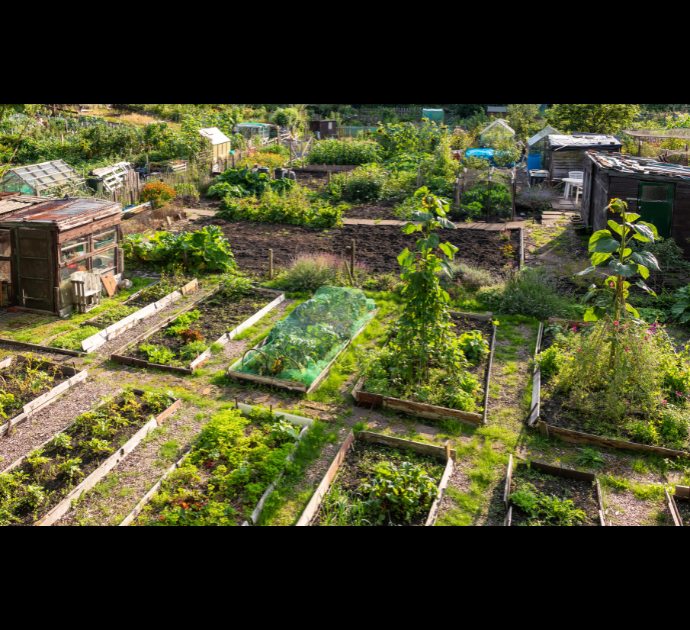
The Art of Collective Intelligence
One of the most important skills for building resilient communities is the art of collective intelligence—the ability to think together, to integrate different perspectives, and to find solutions that none of us could reach alone. This is not about consensus in the sense of everyone agreeing, but about finding the wisdom that emerges when diverse viewpoints are held in creative tension.
Collective intelligence requires specific practices and skills. It requires the ability to listen deeply, to speak authentically, to hold space for different perspectives, and to distinguish between positions and interests. It requires the capacity to sit with uncertainty, to tolerate ambiguity, and to trust in processes that we cannot control.
This is why the development of collective intelligence must be a priority in any community that wants to govern itself democratically. It is not something that happens naturally—it must be cultivated through practice and intention. This includes training in facilitation skills, conflict resolution, consensus building, and other practices that help groups work together effectively.
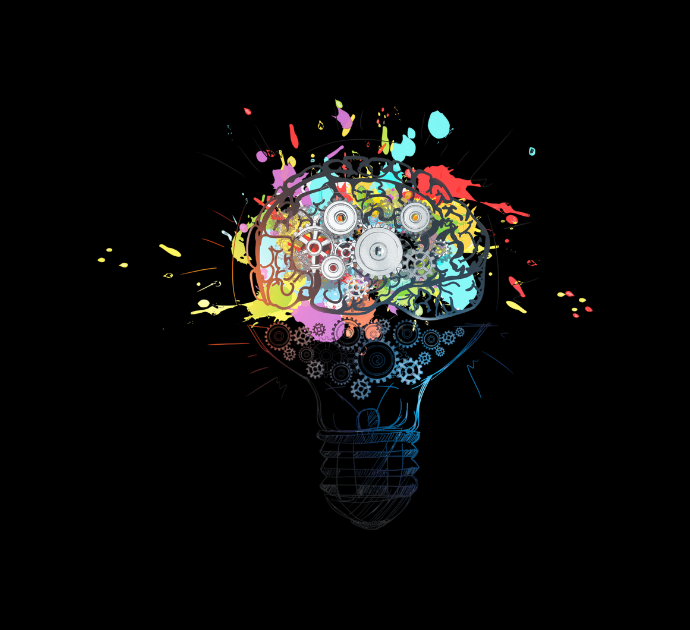
The Ecology of Healing
The transformation we are describing is not just about changing systems—it is about healing from the trauma of domination. Hierarchical systems create wounds in individuals and communities that must be addressed if we are to create healthy alternatives. This includes the trauma of poverty, discrimination, violence, and ecological destruction, but it also includes the more subtle trauma of disconnection, meaninglessness, and spiritual emptiness.
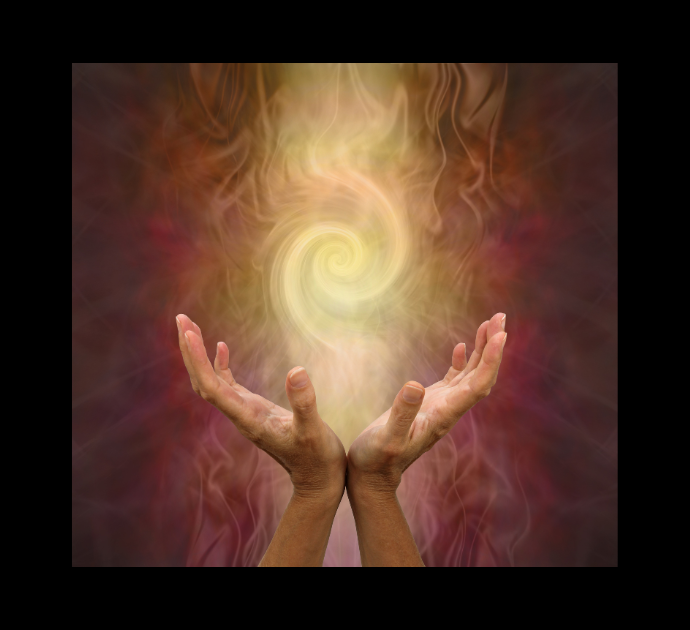
Healing happens in relationship, and it happens in community. It requires spaces where people can tell their stories, express their grief, and imagine new possibilities. It requires processes that help people integrate their experiences and find meaning in their suffering. It requires practices that help people reconnect with their bodies, their emotions, and their spiritual lives.
The ecology of healing also includes the healing of the land itself. The same systems that have traumatized people have also traumatized the earth. The transition to new forms of organization must include a commitment to ecological restoration, not just as an environmental issue but as a spiritual practice.
The Children as Teachers
One of the most hopeful aspects of our current moment is the wisdom being demonstrated by young people around the world. They are not waiting for permission from adults to address the challenges they have inherited. They are organizing, creating, and leading with a clarity and courage that puts many adults to shame.
This is not just about climate activism, though that is certainly important. It is about a fundamental shift in consciousness that is being embodied by a generation that has grown up in a different world than their parents. They are more comfortable with diversity, more skeptical of authority, more collaborative in their approach to problem-solving, and more willing to challenge systems that don’t serve life.

The transition to new forms of organization must include the wisdom of young people, not just as participants but as teachers. They have insights that adults have lost, perspectives that adults cannot access, and creativity that adults have forgotten. They are not just the future—they are the present, and they have much to teach us about how to organize society differently.
The Technology of Connection
While we must be cautious about the role of technology in society, we must also recognize its potential for supporting new forms of organization. Technology can be a tool of domination, but it can also be a tool of liberation. The key is to ensure that technology serves human values rather than replacing them.
This includes communication technologies that help people connect across distance and difference, decision-making technologies that help groups process information and make collective decisions, and production technologies that allow communities to meet their own needs rather than depending on distant corporations.
The development of appropriate technology must be a community process, not something that is imposed from outside. Communities must have the knowledge and skills to understand, modify, and control the technologies they use. This requires investment in technical education, support for open-source development, and policies that ensure technology serves the common good rather than private profit.

The Great Turning
What we are describing is not just a political or economic transition—it is what some have called “The Great Turning,” a fundamental shift in the trajectory of human civilization. This is not something that will happen overnight, nor is it something that can be achieved through any single strategy or approach.
The Great Turning is happening simultaneously at many levels: in individual consciousness, in family and community relationships, in economic and political systems, and in our relationship with the natural world. It is being driven not by any single organization or movement, but by the convergence of countless local initiatives and experiments.
This is both the challenge and the opportunity of our time. We cannot control the pace or direction of this transformation, but we can choose to participate in it consciously and skillfully. We can choose to align ourselves with the forces of regeneration rather than domination, of connection rather than separation, of love rather than fear.
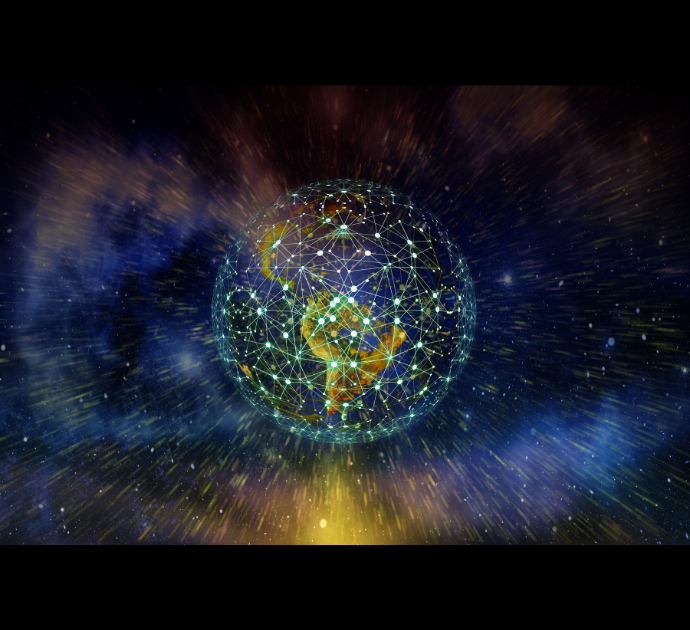
The Call to Action
The transition to new forms of organization is not something that will happen automatically, nor is it something that someone else will do for us. It is something that each of us must choose to participate in, in our own way, in our own communities, with our own gifts and resources.
This might mean starting or joining a worker cooperative, participating in a community land trust, or supporting local media. It might mean learning new skills for collective decision-making, conflict resolution, or ecological restoration. It might mean creating art that helps people imagine new possibilities, or telling stories that help people remember their values.
The key is to start where you are, with what you have, in relationship with others who share your vision. The transformation we are describing is not a destination but a journey, not a final state but a continuous process of learning, growing, and becoming.

Conclusion: The World We Are Creating
As we conclude this exploration of new forms of governance and organization, it is important to remember that we are not just describing possible futures—we are describing the world that is already emerging around us. In communities around the world, people are already experimenting with cooperative economics, participatory democracy, and regenerative practices.
These experiments are not perfect, and they are not complete. They are learning laboratories where people are discovering what works and what doesn’t, what serves life and what serves domination. They are the seeds of the world we are creating together.
The transition to heterarchical and synarchical forms of organization is not something that will happen in the future—it is happening now. Every time we choose cooperation over competition, every time we choose dialogue over debate, every time we choose connection over separation, we are participating in this great transformation.
The question is not whether this transformation will happen—it is already happening. The question is whether we will participate in it consciously and skillfully, whether we will contribute our gifts to the emerging world, and whether we will have the courage to let go of the old ways of being that no longer serve us.
This is the great work of our time: to midwife the birth of a new world, to serve as ancestors for future generations, and to embody the changes we wish to see in the world. It is work that requires all of us, work that honors all of our gifts, and work that will continue long after we are gone.
The future is not something that happens to us—it is something we create together. And the time to begin is now.
This concludes our exploration of “Beyond the Illusion: Awakening to New Forms of Governance.” These white papers represent a beginning, not an end—an invitation to continue the conversation, to deepen the practice, and to participate in the great work of transformation that is calling us all.
High Priestess Agape Covens
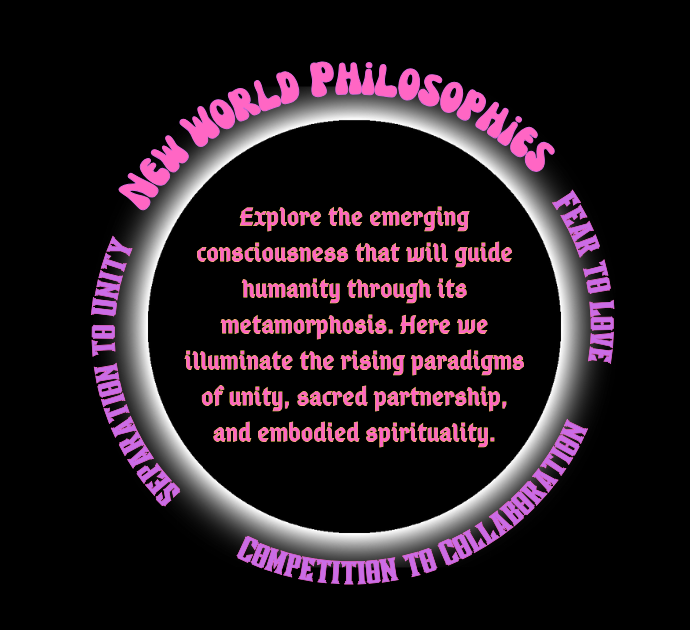
#EconomicJustice, #CommunityResilience, #CooperativeEconomics, #WorkerCooperatives, #WealthCooperatives, #WealthBuilding, #InformationTechnology, #CommunityControlled, #Decentralized, #CollectiveIntelligence, #InformationIntegrity, #Regenerative, #MutualAid, #CollectiveDecisionMaking, #CommunityLandTrusts, #GiftEconomy, #TimeBanks #NewWorldPhilosophy, #AgapeCovens
